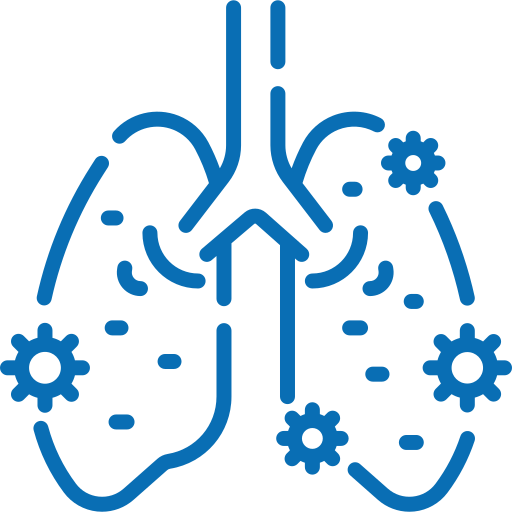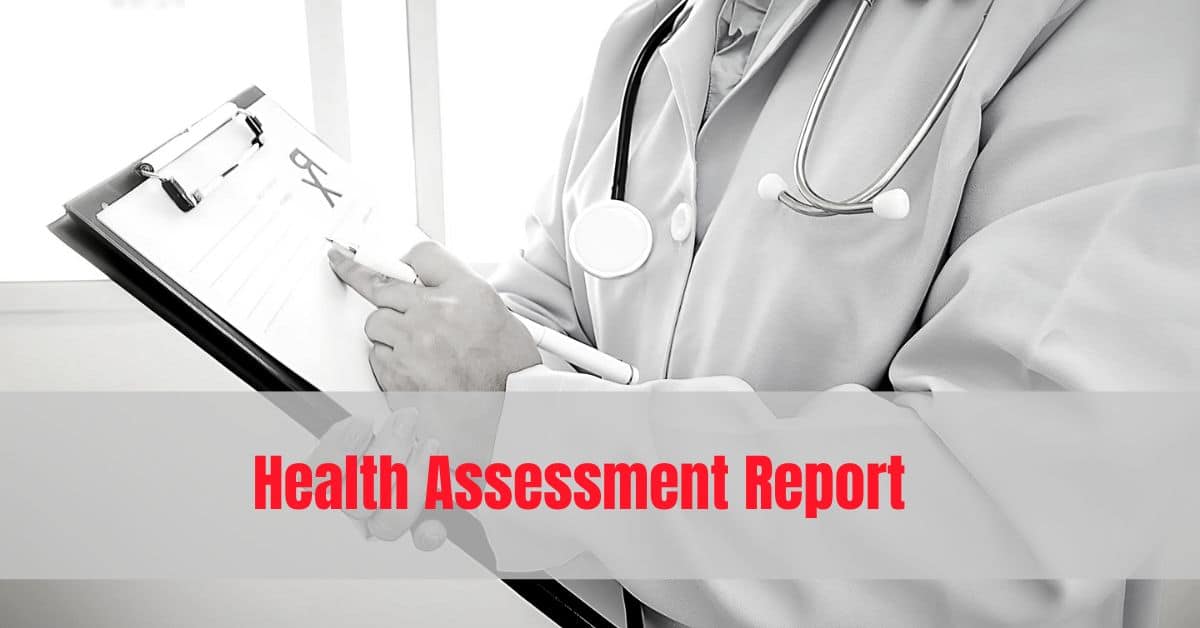Living a healthy lifestyle is often neglected in our hectic lifestyles, which can result in hormonal imbalances and other health issues. Achieving hormonal balance is important for overall well-being, as it influences various bodily functions. In this guide, we’ll explore the difficulties of endocrine health and provide practical tips for maintaining hormonal balance.
Understanding Endocrine Health:
The endocrine system plays an important role in regulating hormones that control metabolism, growth, sleep, mood, and more. Factors such as stress, poor nutrition, lack of exercise, and environmental toxins can disrupt this delicate balance, leading to hormonal imbalances. Recognizing the signs of hormonal fluctuations is the first step towards promoting a healthier endocrine system.
Symptoms of Hormonal Imbalance:
– Fatigue and lethargy
– Mood swings and irritability
– Weight gain or difficulty losing weight
– Sleep disturbances
– Skin issues
– Irregular menstrual cycles (for women)
– Changes in libido
Practical Tips for Hormonal Balance:
- Balanced Nutrition: A diet rich in whole foods, fruits, vegetables, and lean proteins is essential for supporting hormonal health. Include omega-3 fatty acids, found in fish and flaxseeds, as they are known to promote hormonal balance.
- Regular Exercise: Physical activity not only helps in maintaining a healthy weight but also plays a crucial role in regulating hormones. Aim for at least 150 minutes of moderate-intensity exercise per week.
- Stress Management: Chronic stress can disrupt hormonal balance. Incorporate stress-reducing activities such as meditation, yoga, or deep breathing exercises into your daily routine.
- Quality Sleep: Prioritize getting 7-9 hours of quality sleep each night. Sleep is essential for the body to repair and regulate hormones.
- Hydration: Staying well-hydrated is key to supporting the endocrine system. Aim for at least eight glasses of water a day to maintain optimal hydration levels.
- Avoid Harmful Chemicals: Minimize exposure to endocrine-disrupting chemicals found in certain plastics, pesticides, and household products. Opt for natural and organic alternatives whenever possible.
Seeking Professional Guidance:
If you experience persistent symptoms of hormonal imbalance, it’s important to consult with a healthcare professional. They can conduct tests to identify specific hormonal imbalances and develop a personalized treatment plan based on your needs.
Prioritizing endocrine health is essential for overall well-being. By adopting a balanced lifestyle, focusing on nutrition, exercise, stress management, and quality sleep, you can support your body in maintaining hormonal balance. Remember, a comprehensive approach is key to achieving lasting results.
At AbsoluteUrgentCare, we understand the importance of proactive healthcare. If you have concerns about your hormonal health, our experienced healthcare professionals are here to guide you on your journey to optimal well-being.




























